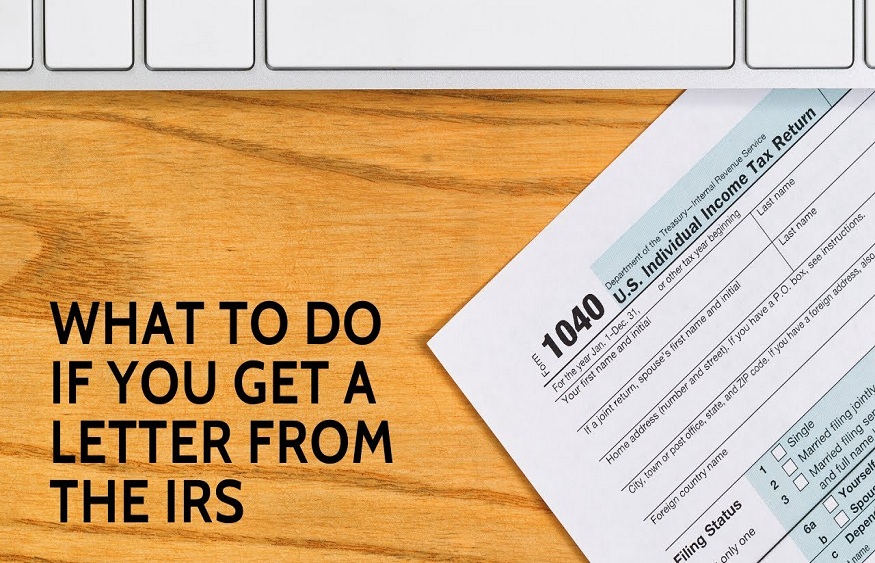Nobody wants to receive an IRS demand letter in the mail, but unfortunately, it is a reality for many. This article looks at what you need to know about IRS demand letters, including the contents of the letter, what actions you should take, and how to handle the situation if the payment cannot be made. Learn everything you need to know about IRS demand letters now!
Introduction to IRS Demand Letters
The IRS demand letter is a formal notice from the Internal Revenue Service that informs taxpayers of their outstanding tax liability. The demand letter also provides instructions on how to pay the amount due and contact information for the IRS.
Taxpayers who receive an IRS demand letter should take action immediately to avoid further penalties and interest. The best way to resolve an outstanding tax liability is to contact the IRS and negotiate a payment plan. However, some taxpayers may qualify for an offer in compromise, which allows them to settle their tax debt for less than the full amount owed.
If you have received an IRS demand letter it is important to understand your options and take action as soon as possible. With the help of a qualified tax professional, you can resolve your outstanding tax debt and avoid any further penalties or interest.
What You Need To Know About IRS Demand Letters

An IRS demand letter is a formal notice from the Internal Revenue Service that you owe taxes. It will outline the amount of money you owe and how you can pay your debt. The demand letter is the first step in the collections process, and it’s important to take action immediately.
If you ignore the demand letter, the IRS will take further action to collect the money you owe. This could include wage garnishment, bank levies, and asset seizure. So, it’s important to understand your options and take action as soon as possible.
The best way to handle an IRS demand letter is to work with a tax professional. They can help you understand your options and create a plan to pay off your debt. If you can’t afford to pay the full amount owed, they may be able to negotiate a payment plan or offer in compromise with the IRS on your behalf.

